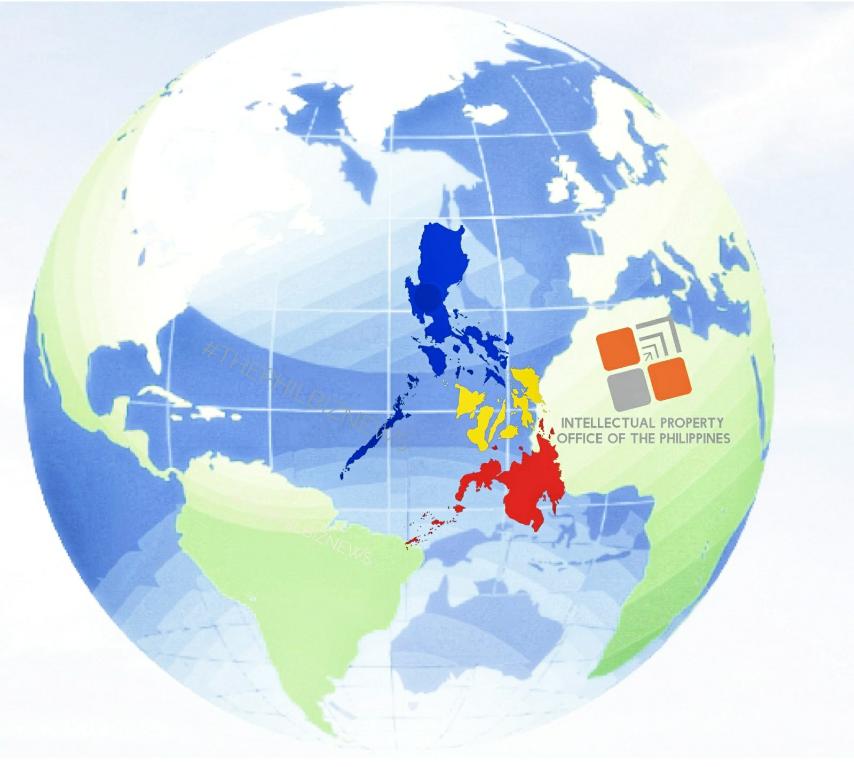Image by THEPHILBIZNEWS
In celebration of its 13 years in fighting counterfeiting and piracy, the 13-member National Committee on Intellectual Property Rights (NCIPR) is enjoining national government agencies and local government units (LGUs) to have an Anti-Counterfeit and Anti-Piracy Policy (ACAPP) to embed the culture of respect for intellectual property (IP) more deeply into the nation.
An ACAPP encourages all government workers to be aware of the harms of counterfeiting and piracy to business, livelihoods and the economy so as to ensure that the policies and actions their offices issue are compliant with existing IP laws and regulations.
At present, only four agencies –– all part of the NCIPR –– have institutionalized ACAPPs. The remaining nine members are targeting to roll out their policies by the end of this year.
The interagency committee, led by the Intellectual Property Office of the Philippines (IPOPHL) as acting chair, is targeting to see 50 national agencies and 18 LGUS implementing an ACAPP by 2025.
“As servants in government, we must be the role models in obeying the law. We must demonstrate this by being mindful of all laws, including the IP Code, when formulating policies or initiatives and by taking appropriate action against violators,” NCIPR Acting Chair and IPOPHL Director General Rowel S. Barba said.
He added that by developing an ACAPP, “government offices have the opportunity to show their support for innovation, creativity and economic prosperity.” Hence, he is optimistic that more will take part in the nationwide campaign.
The goal is part of the NCIPR’s 2021-2025 Goals which focus on improving IP policy and legislation, awareness and enforcement.
The new goals are in fulfillment of the committee’s newly revised vision which reads in part:
“By 2025, counterfeit and pirated goods in the market will be radically reduced, particularly in urban cities with no fakes in plain view.
Government leads by example backed by a community of IP advocates and protectors from brand owners to small businesses and consumers – all promoting respect for creations, and preventing theft of ideas and products, online or offline.”
“By 2025, NCIPR will also shine as an internationally recognized inter-agency committee, spearheading the protection of IP and motivating countries to follow by its example,” IPOPHL Deputy Director General Teodoro C. Pascua added.
The NCIPR was created through Executive Order 736 signed on June 21, 2008.
Headed by the Department of Trade and Industry as chair and IPOPHL as vice-chair, the committee is composed of the Department of Justice; Department of Information and Communications Technology; Department of the Interior and Local Government; Bureau of Customs; Food and Drug Administration; National Bureau of Investigation; Philippine National Police; Optical Media Board; National Book Development Board; Office of the Special Envoy on Transnational Crime; and the National Telecommunications Commission as members.














